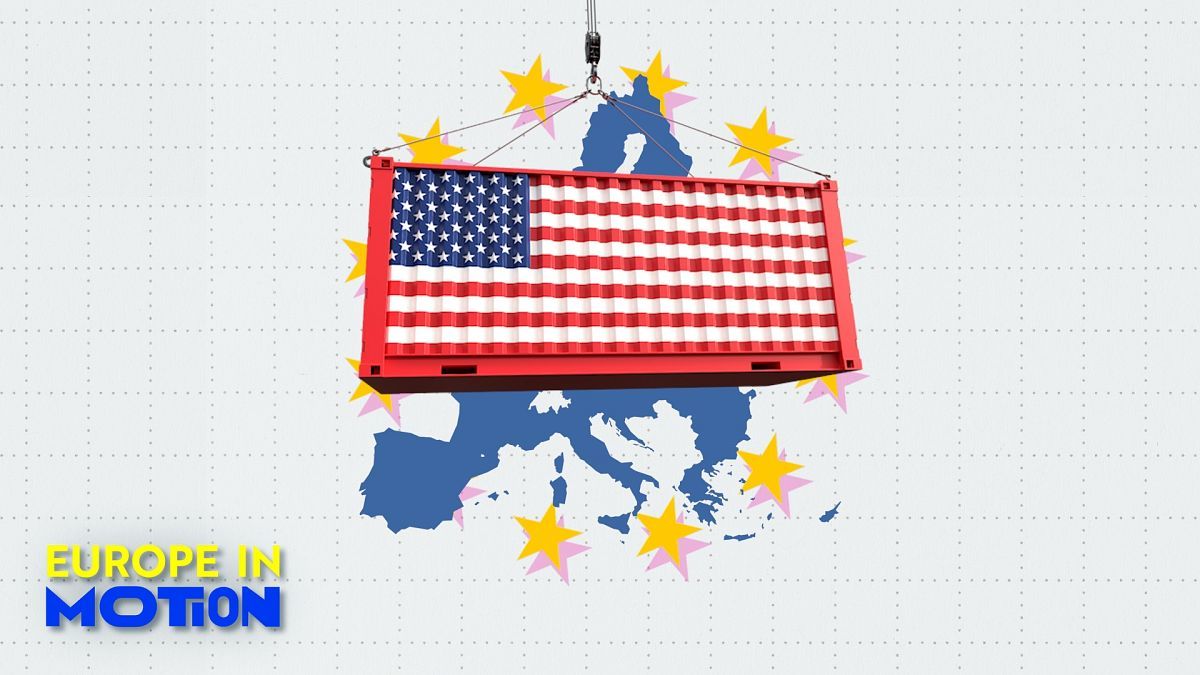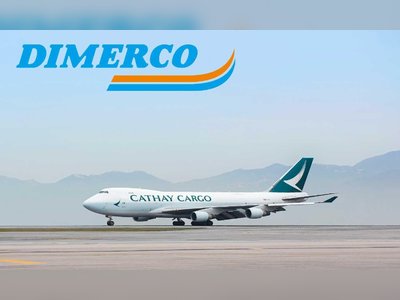
EU Responds to US Tariffs on Pharmaceutical Industry
The European Union implements a new Pharmaceutical Package as Trump announces tariffs on pharmaceutical products.
The European Union is set to introduce a comprehensive Pharmaceutical Package aimed at enhancing the competitiveness of its pharmaceutical sector.
This initiative comes in response to recent announcements by former U.S. President Donald Trump regarding the imposition of 25% tariffs on pharmaceutical imports from countries perceived as economic competitors.
These tariffs, announced amidst ongoing trade tensions, specifically target critical products within the pharmaceutical industry, raising concerns among EU manufacturers about market access and pricing strategies in the largest pharmaceutical market globally.
Within the context of these developments, EU officials are emphasizing the importance of maintaining a stable regulatory environment for the pharmaceutical industry, aiming to both protect its market share and encourage innovation.
The proposed Pharmaceutical Package outlines various strategies to improve the availability of medicines, streamline regulatory approval processes, and foster research and development across member states.
The EU's move indicates a strategic positioning to mitigate potential economic losses stemming from U.S. tariff policies.
The bloc's pharmaceutical sector, which is a significant part of its economy, generates substantial revenue and employment opportunities within the region.
Analysts have noted that the EU's push for regulatory reforms could bolster its competitive stance against external pressures, particularly from the U.S.
With the U.S. remaining the world's largest pharmaceutical market, the implications of these tariffs could lead to broader shifts in trade relations, prompting the EU to navigate carefully as it seeks to protect its economic interests.
The unfolding situation highlights the intricate dynamics between U.S. trade policies and European economic strategies, with many stakeholders observing how these developments may shape the future landscape of global pharmaceutical commerce.
This initiative comes in response to recent announcements by former U.S. President Donald Trump regarding the imposition of 25% tariffs on pharmaceutical imports from countries perceived as economic competitors.
These tariffs, announced amidst ongoing trade tensions, specifically target critical products within the pharmaceutical industry, raising concerns among EU manufacturers about market access and pricing strategies in the largest pharmaceutical market globally.
Within the context of these developments, EU officials are emphasizing the importance of maintaining a stable regulatory environment for the pharmaceutical industry, aiming to both protect its market share and encourage innovation.
The proposed Pharmaceutical Package outlines various strategies to improve the availability of medicines, streamline regulatory approval processes, and foster research and development across member states.
The EU's move indicates a strategic positioning to mitigate potential economic losses stemming from U.S. tariff policies.
The bloc's pharmaceutical sector, which is a significant part of its economy, generates substantial revenue and employment opportunities within the region.
Analysts have noted that the EU's push for regulatory reforms could bolster its competitive stance against external pressures, particularly from the U.S.
With the U.S. remaining the world's largest pharmaceutical market, the implications of these tariffs could lead to broader shifts in trade relations, prompting the EU to navigate carefully as it seeks to protect its economic interests.
The unfolding situation highlights the intricate dynamics between U.S. trade policies and European economic strategies, with many stakeholders observing how these developments may shape the future landscape of global pharmaceutical commerce.











